Thinking about leaving toothpaste on your teeth overnight? Some say it helps protect tooth enamel, fights tooth decay, and boosts dental health—especially when using fluoride toothpaste. It may also reduce plaque and food particles and support oral health. But leaving too much toothpaste residue or excess toothpaste can irritate gums or cause sensitivity. Whether you're using whitening toothpaste or fluoride-free toothpaste, it’s important to know what’s safe.
This quick guide breaks down the pros, cons, and how to get optimal oral hygiene while avoiding gum disease.
Key Takeaways
-
Leaving fluoride toothpaste on teeth overnight can strengthen enamel, control plaque, and promote fresher breath, but it also carries risks such as potential tooth sensitivity and gum irritation.
-
Nano-hydroxyapatite toothpaste is a safer alternative for overnight use, as it effectively promotes remineralization without the risks associated with fluoride ingestion.
-
To maximize the benefits of an overnight oral hygiene routine, avoid rinsing after brushing, limit food and drink consumption post-brushing, and choose toothpaste designed for sensitive teeth.
How Toothpaste Works on Your Teeth
So, how does toothpaste really work? It supports your oral hygiene routine by scrubbing away plaque and food particles, thanks to its mild abrasives. This reduces toothpaste residue and prevents buildup of excess toothpaste on the enamel. More importantly, fluoride toothpaste helps strengthen tooth enamel by remineralizing weak spots—this is how it helps prevent tooth decay.
At night, brushing is especially critical. It clears bacteria before sleep and promotes optimal oral hygiene. While professional fluoride treatments can enhance results, using fluoride or whitening toothpaste daily plays a major role in maintaining oral hygiene and supporting optimal oral health.
Benefits of Leaving Toothpaste on Teeth Overnight
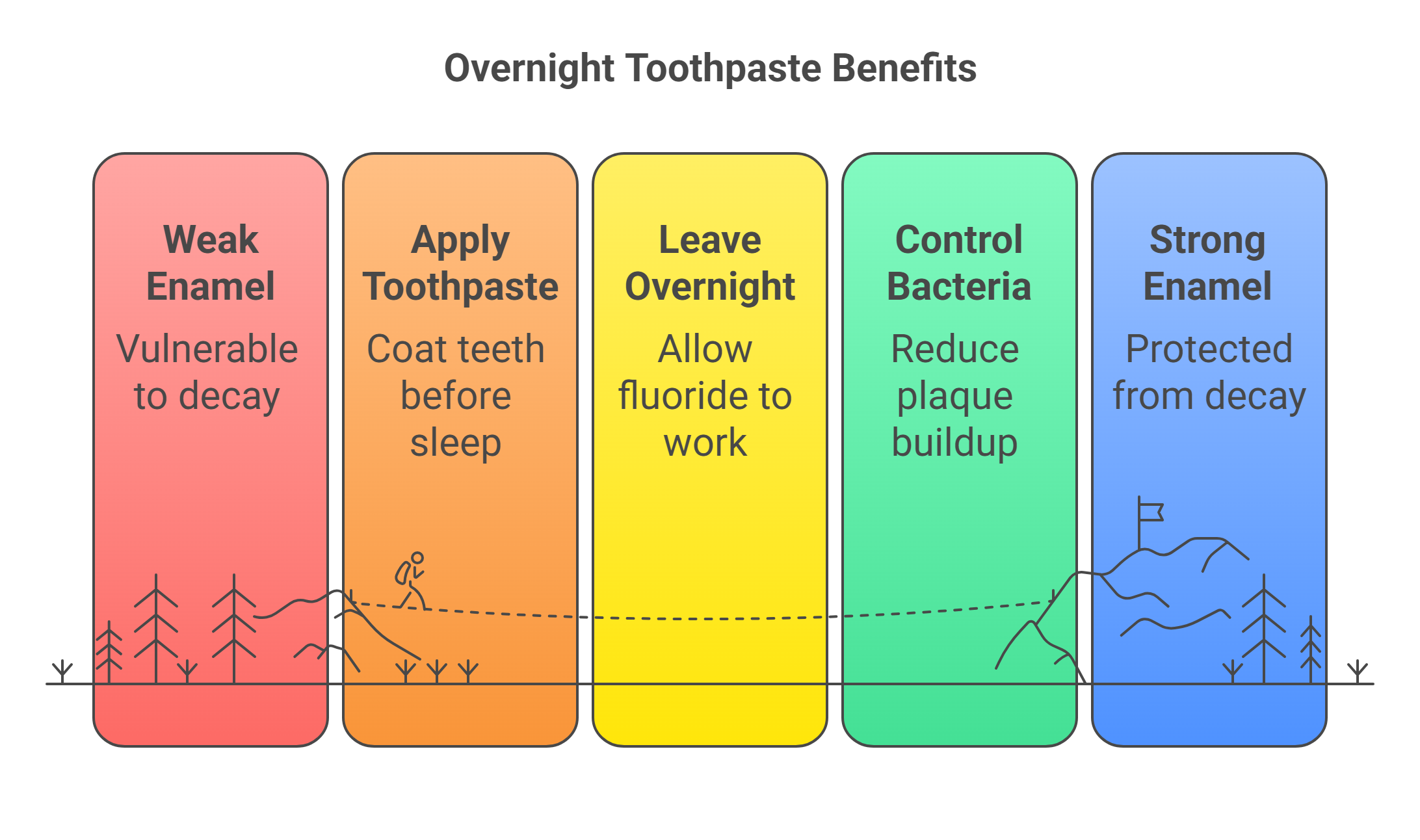
Leaving toothpaste on your teeth overnight may sound unusual, but it can offer real benefits for your oral health—especially when done correctly. Fluoride toothpaste allows longer contact with tooth enamel, which can help prevent cavities, strengthen weakened teeth, and support a healthier smile.
1. Strengthens Enamel While You Sleep
When you don’t rinse after brushing your teeth at night, fluoride remains in contact with enamel longer. This helps repair early damage and supports the remineralization process. As Dr. Mark Burhenne explains, this simple habit can strengthen tooth enamel and reduce sensitivity over time.
A 2022 study by Rosenauer et al. also found that fluoride-free hydroxyapatite toothpaste may offer similar enamel protection—making it a good alternative for those with specific dental concerns or fluoride sensitivity.
2. Controls Plaque and Bacterial Growth
Antibacterial agents in toothpaste continue to work overnight, helping reduce bacterial growth and plaque buildup. This can help prevent cavities, reduce the risk of gum disease, and support better enamel protection.
A 2018 study (Anbarani et al.) showed that a 2.6% edathamil dental gel significantly reduced overnight plaque compared to regular toothpaste.
3. Fresher Breath in the Morning
Bad breath often comes from bacteria that build up overnight. Leaving toothpaste on your teeth may help reduce this by keeping antibacterial agents working while you sleep. It’s a simple way to wake up with a cleaner mouth and fresher breath.
Pro tip: For best results, gently brush for two minutes, avoid eating or drinking afterward, and choose a toothpaste that fits your needs—especially one that’s gentle on soft tissues like the gum line.
Risks Associated with Leaving Toothpaste on Teeth Overnight
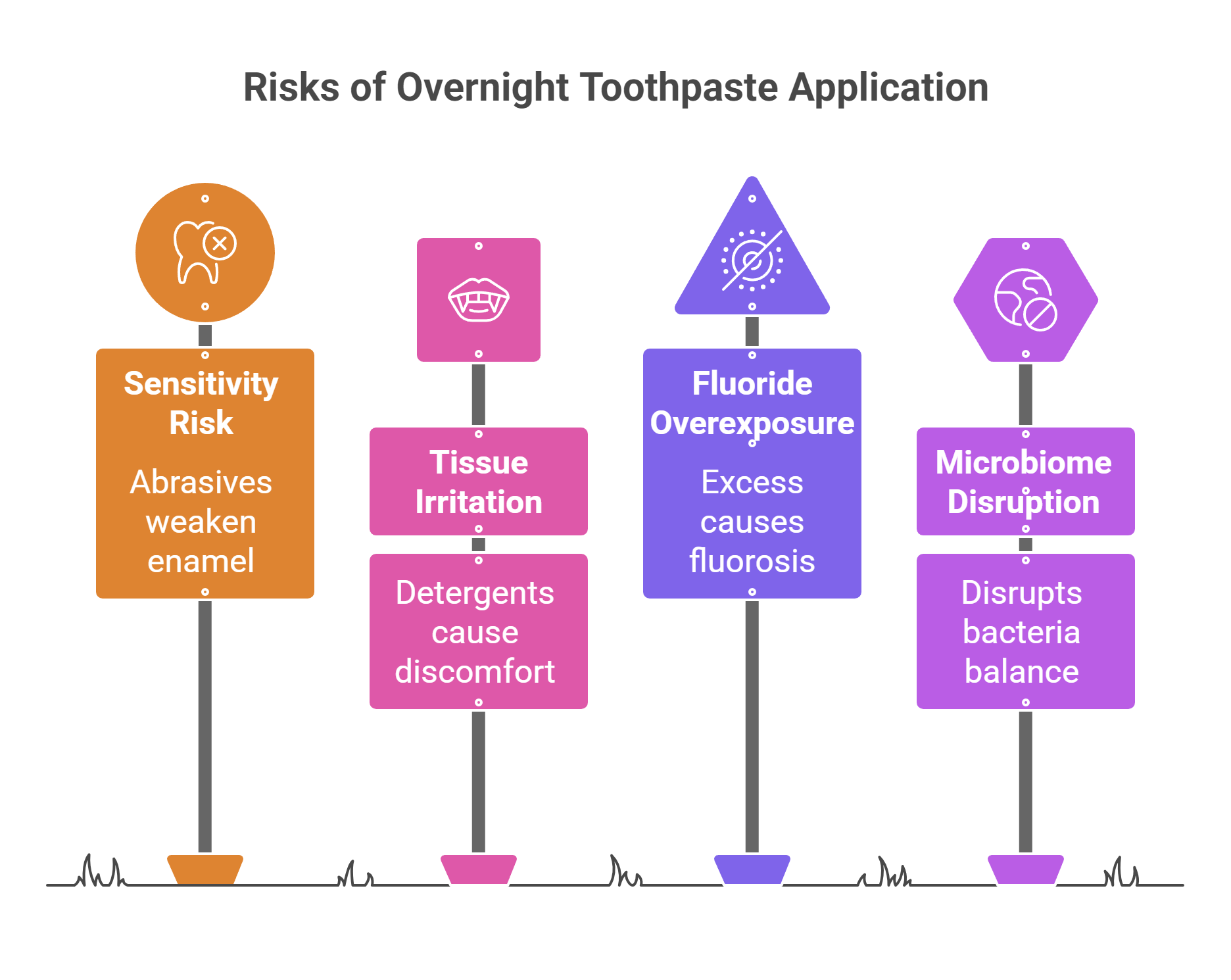
Leaving toothpaste on your teeth overnight can offer benefits—but it’s not always risk-free. If you're not careful, this habit could do more harm than good, especially for people with specific dental concerns or sensitivities.
1. Risk of Tooth Sensitivity
Letting toothpaste sit too long on tooth surfaces may lead to sensitivity, especially if your toothpaste contains abrasive or whitening agents. Overexposure to these ingredients can wear down enamel, weakening enamel protection and possibly harming tooth structure. Even some fluoride toothpaste can become irritating if left on too long—particularly if not properly rinsed.
A study by Pugh et al. (2005) found that high concentrations of hydrogen peroxide (7–12%) in whitening products used overnight may reach the tooth pulp and cause irritation, though enamel damage wasn’t observed.
2. Irritation to Gums and Soft Tissues
Ingredients like sodium lauryl sulfate or triclosan can cause discomfort along the gum line or other soft tissues, especially in people with sensitivities. Symptoms might include redness, mild swelling, or stinging sensations.
Lalonde (2020) highlighted that extended exposure to detergents in toothpaste can irritate soft tissues, while Hu et al. (2008) raised concerns about long-term triclosan use—linking it to possible antibiotic resistance and hormone disruption. While triclosan may fight bacteria overnight, its oral care routine safety is still in question.
3. Fluoride Overexposure
While fluoride helps prevent cavities and remineralize teeth, excessive exposure—especially in children—can lead to fluorosis, which appears as white spots or pitting on enamel. This is more likely if excess toothpaste is swallowed.
Lippert (2013) noted that fluoride exposure over time can be risky, even though no specific study confirms harm from leaving toothpaste overnight. To stay safe, always supervise children and rinse thoroughly unless advised otherwise by a qualified health provider.
4. Microbiome Disruption and Minimal Benefit
Toothpaste isn't meant to stay on your teeth indefinitely. Leaving toothpaste residue overnight can disrupt your oral microbiome—the good bacteria that help fight plaque buildup, support good oral hygiene, and keep teeth clean.
Rosenauer et al. (2022) found that for people with an excellent oral care routine, extended exposure to fluoride or hydroxyapatite past brushing didn’t significantly reduce bacteria. So, if your mouth is already healthy, prolonged toothpaste exposure may not add much benefit.
Expert tip: If you're considering this method for better enamel protection or plaque control, talk to a qualified health provider first. It’s essential to weigh the potential benefits against risks—like tissue irritation, microbiome imbalance, and overexposure—especially for whitening or strong fluoride formulas.
The Role of Nano-Hydroxyapatite Toothpaste
Nano-hydroxyapatite is a naturally occurring mineral that closely mimics the structure of tooth enamel. In modern toothpaste formulations, it’s used to remineralize teeth, strengthen weakened enamel, and help prevent enamel erosion—making it an excellent alternative to fluoridated toothpaste, especially for overnight use.
Unlike traditional fluoride mouthwash or strong fluoride pastes, nano-hydroxyapatite toothpaste is fluoride free and safe to swallow, minimizing the risk of fluoride toxicity. This makes it ideal for people with sensitivities or those looking to reduce exposure to certain chemicals. Brands like Boka offer nano-hydroxyapatite products that users can safely leave toothpaste on teeth overnight without concern.
Additionally, these toothpastes are less likely to irritate soft tissues, since they’re often free from harsh ingredients like sodium lauryl sulfate. And while not a replacement for professional treatments from a cosmetic dentist, nano-hydroxyapatite may also support mild whitening by reducing harmful bacteria and polishing the enamel’s surface.
For those with dry mouth, weakened enamel, or sensitivity issues, applying—or gently rubbing toothpaste with nano-hydroxyapatite onto teeth before bed can support nighttime repair, offering a gentler and safer way to maintain enamel strength over time.
Best Practices for Nighttime Oral Hygiene
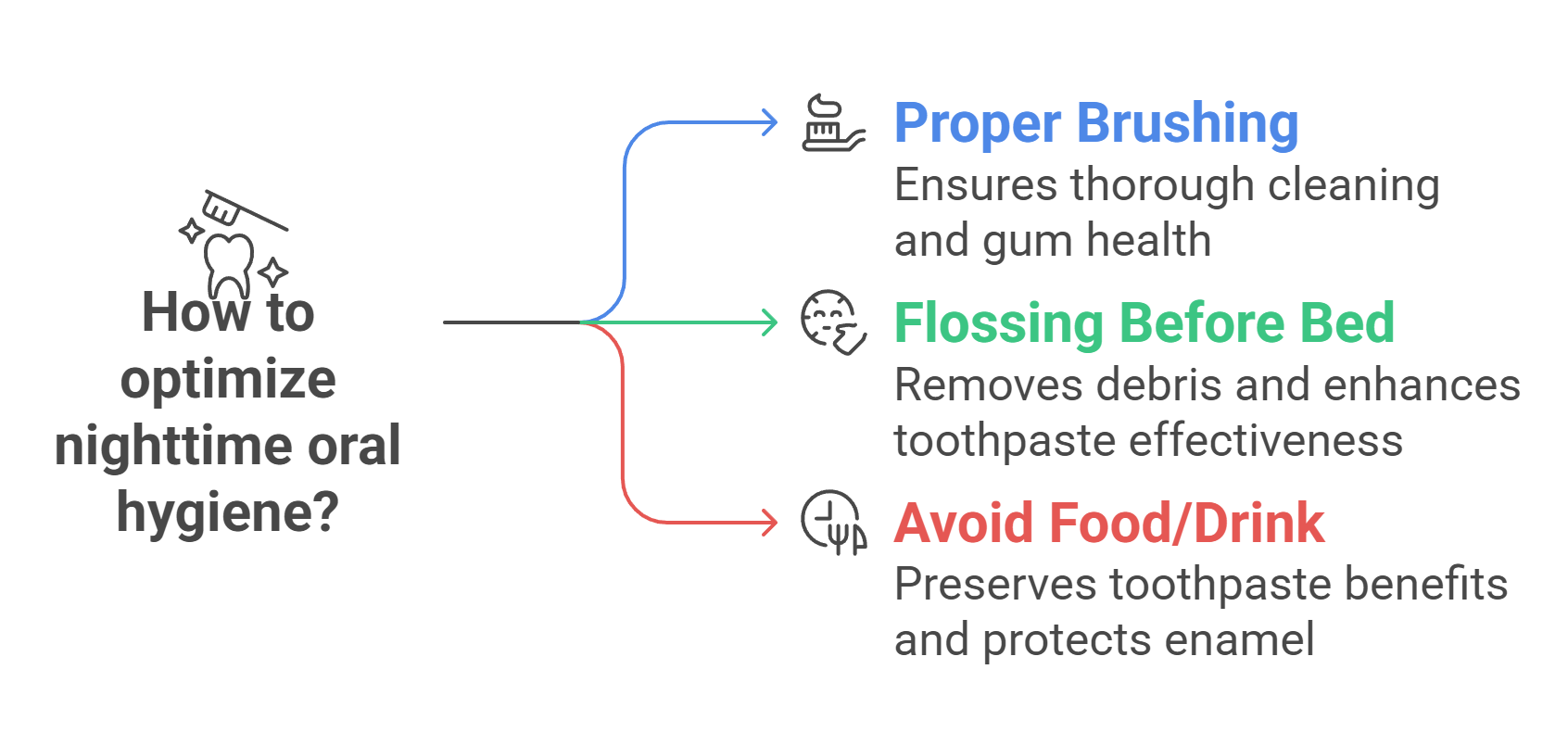
A solid nighttime oral hygiene routine is essential for maintaining strong teeth and healthy gums. Brushing with a soft-bristled toothbrush and fluoride toothpaste helps remove plaque and food particles before bed. To get the most benefit—especially if you're leaving toothpaste on your teeth overnight—avoid eating or drinking afterward and choose products that protect your tooth enamel without causing irritation.
Proper Brushing Techniques
To start, focus on brushing properly, as your technique matters just as much as your toothpaste.
Use a soft-bristled toothbrush with a small head to reach all tooth surfaces. Gently brush for two minutes using circular motions, and hold the brush at a 45° angle to clean along the gum line. This not only helps prevent gum disease but also improves overall cleaning. Remember to replace your toothbrush every 3 to 4 months to maintain effectiveness.
Flossing Before Bed
Once brushing is covered, don’t forget to floss—ideally before brushing.
Flossing removes hidden debris between teeth and near the gum line, making it easier for your toothpaste to reach more areas. It’s a simple yet powerful step in your oral care routine that helps prevent cavities and supports long-term gum health.
Avoiding Food and Drink After Brushing
Finally, to let your toothpaste do its job while you sleep, avoid food or drinks (other than water) after brushing.
This helps preserve the active ingredients on your teeth and enhances the effect of leaving toothpaste on overnight. Skipping the post-brush snack also supports enamel protection and reduces plaque buildup, especially overnight when your saliva production slows down.
Should You Rinse After Brushing?
Rinsing your mouth right after brushing can wash away the fluoride from the toothpaste, reducing its effectiveness.
To maximize fluoride benefits, avoid rinsing your mouth rinse immediately after brushing. Instead, spit out the excess toothpaste but do not rinse with water. This method allows for prolonged fluoride contact, which may enhance enamel protection, but could also lead to gum irritation for some individuals.
Dental experts recommend waiting at least 20-30 minutes before dentists recommend rinsing or eating after brushing to let the active ingredients work effectively. The “Spit, Don’t Rinse” method is advised to maximize benefits while minimizing risks.
Choosing the Right Toothpaste for Overnight Use
When choosing toothpaste for overnight use, consider the following:
-
Opt for a formula that is gentle or designed for sensitive teeth to minimize irritation of soft tissues during overnight application.
-
Look for fluoride-containing toothpaste as it strengthens enamel and fights decay, making it beneficial for overnight use.
-
Consider natural ingredients like xylitol, essential oils, and herbal extracts for a more holistic approach.
Nano-hydroxyapatite toothpaste formulations are recommended for overnight use as it poses no risks associated with fluoride ingestion. Formulas that include baking soda can help whiten teeth while remaining gentle on enamel.
Natural toothpaste options often include ingredients like xylitol and essential oils, which can be beneficial for dental health.
Final Thoughts
In summary, leaving toothpaste on your teeth overnight has both benefits and risks. On one hand, it can enhance enamel strengthening, provide continued plaque control, and contribute to fresher morning breath. On the other hand, it may lead to potential tooth sensitivity, irritation of soft tissues, and disruption of the oral microbiome.
Choosing the right toothpaste, such as nano-hydroxyapatite, and following best practices for nighttime oral hygiene can help you maximize the benefits while minimizing the risks. By adopting a thoughtful approach to your oral care routine, you can achieve optimal dental health and maintain a healthier smile.
Frequently Asked Questions
What is a potential benefit of leaving toothpaste on teeth overnight?
Leaving toothpaste on teeth overnight may enhance fluoride exposure, which can strengthen tooth enamel and help prevent decay.
What type of toothpaste is recommended for overnight use?
Nano-hydroxyapatite toothpaste is recommended for overnight use due to its safety and effectiveness without the risks of fluoride ingestion.
How long should you wait before rinsing your mouth after brushing?
To maximize the benefits of your toothpaste, it's best to wait at least 20-30 minutes before rinsing your mouth after brushing. This allows the active ingredients to remain effective.
What is a potential downside of leaving toothpaste on teeth overnight?
Leaving toothpaste on teeth overnight can increase the risk of enamel wear due to the abrasive elements in some toothpastes. It's advisable to rinse thoroughly to protect your dental health.
What should you do after brushing your teeth at night?
After brushing your teeth at night, it’s important to spit out the excess toothpaste and refrain from rinsing your mouth with water immediately to allow the fluoride to strengthen your enamel. This simple step enhances your dental health significantly.














































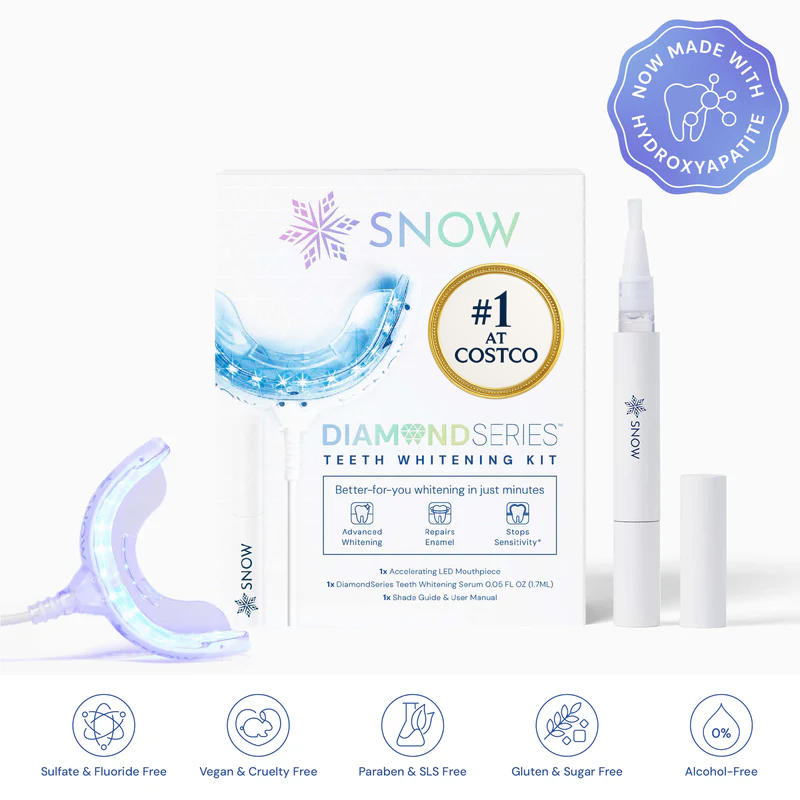
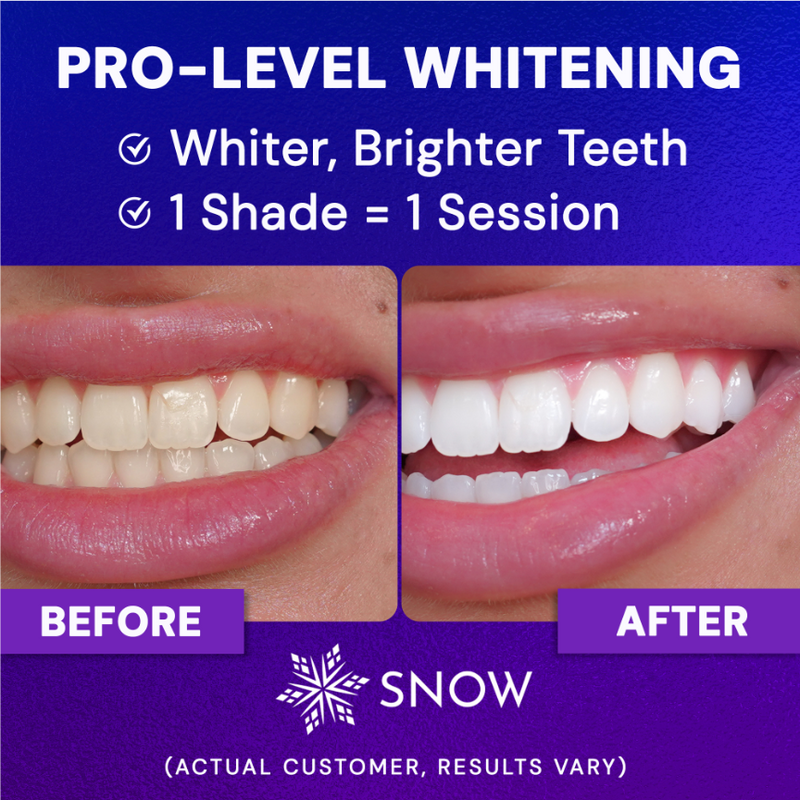
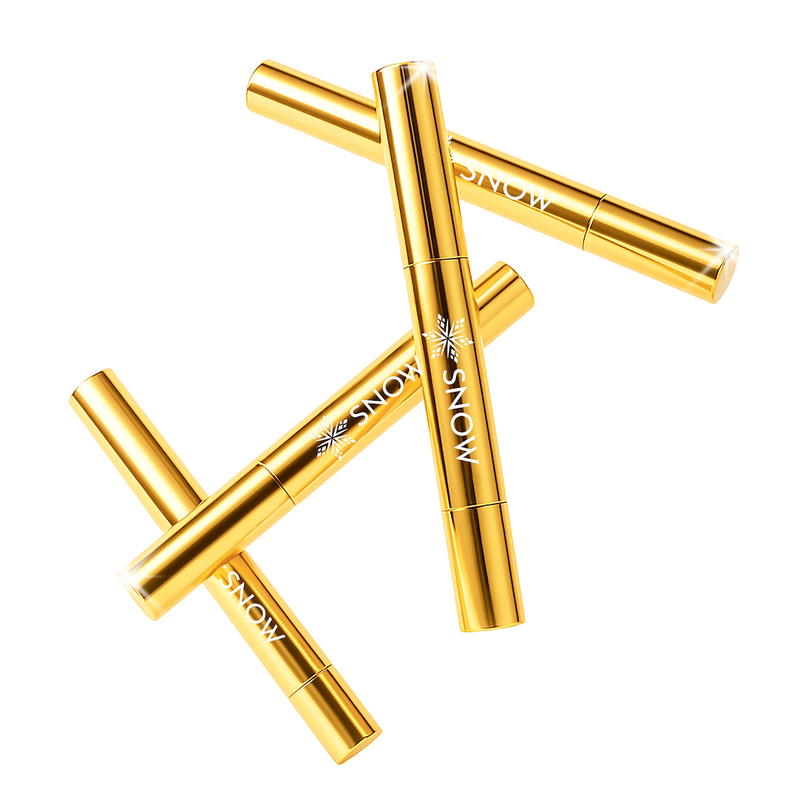
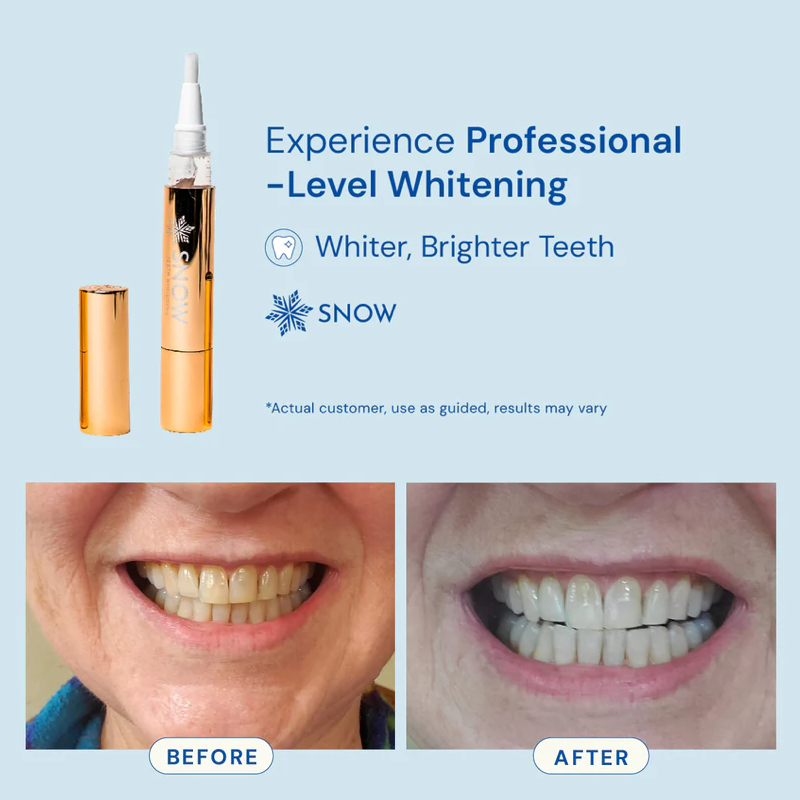
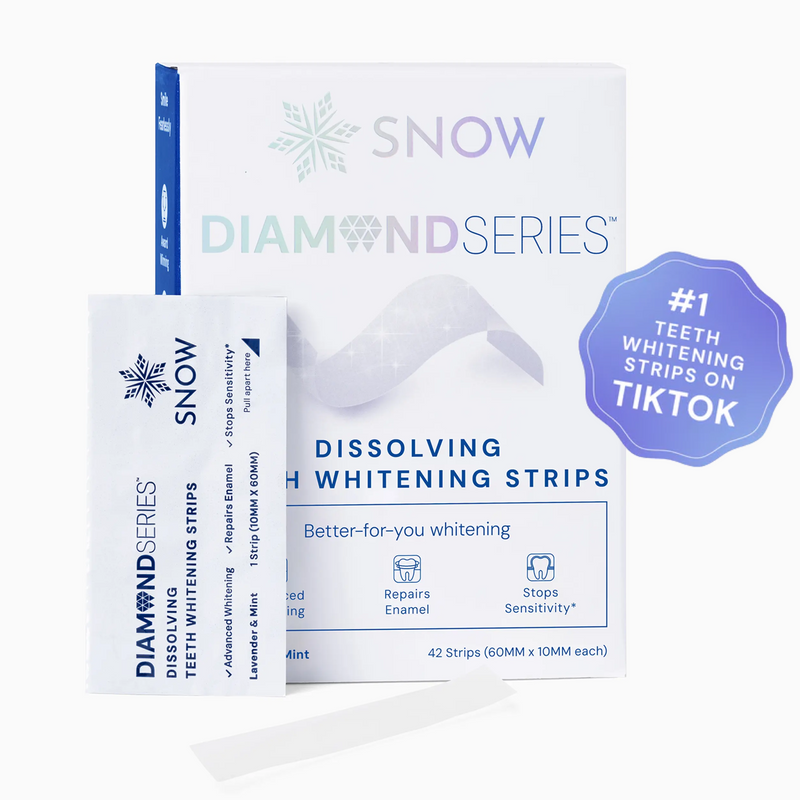
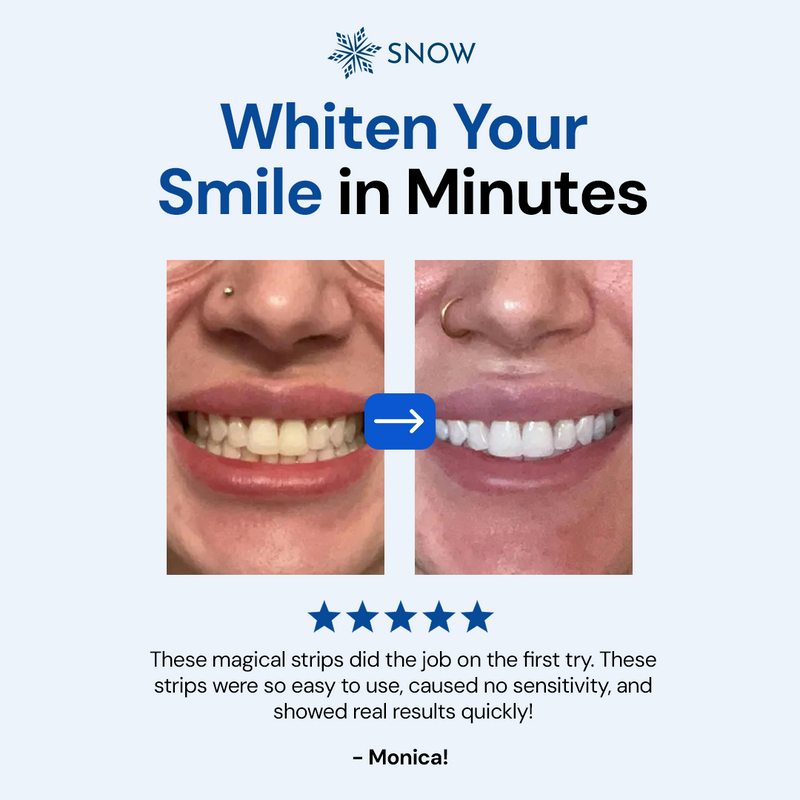
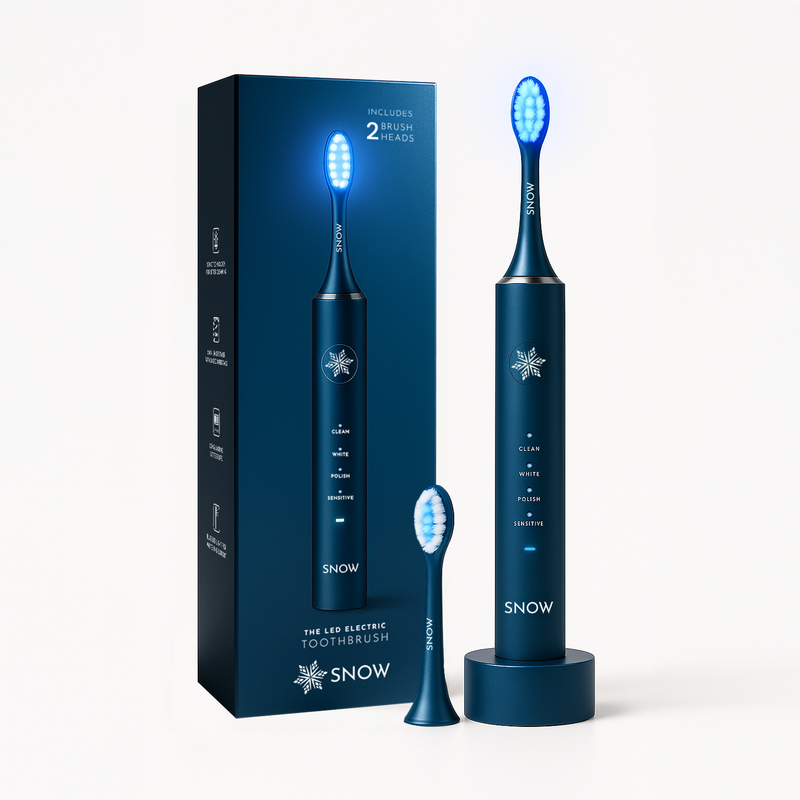





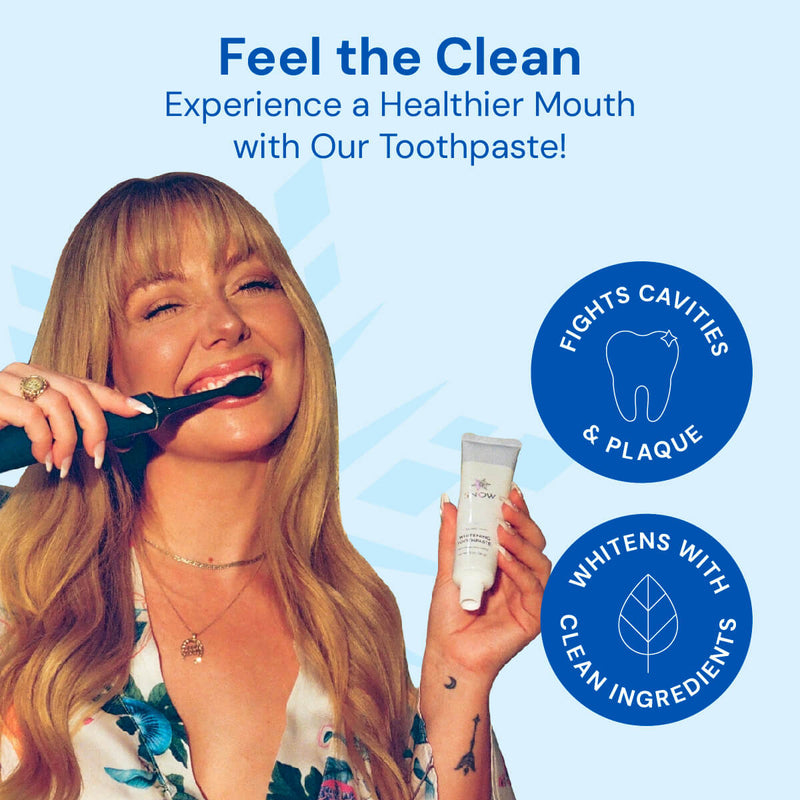
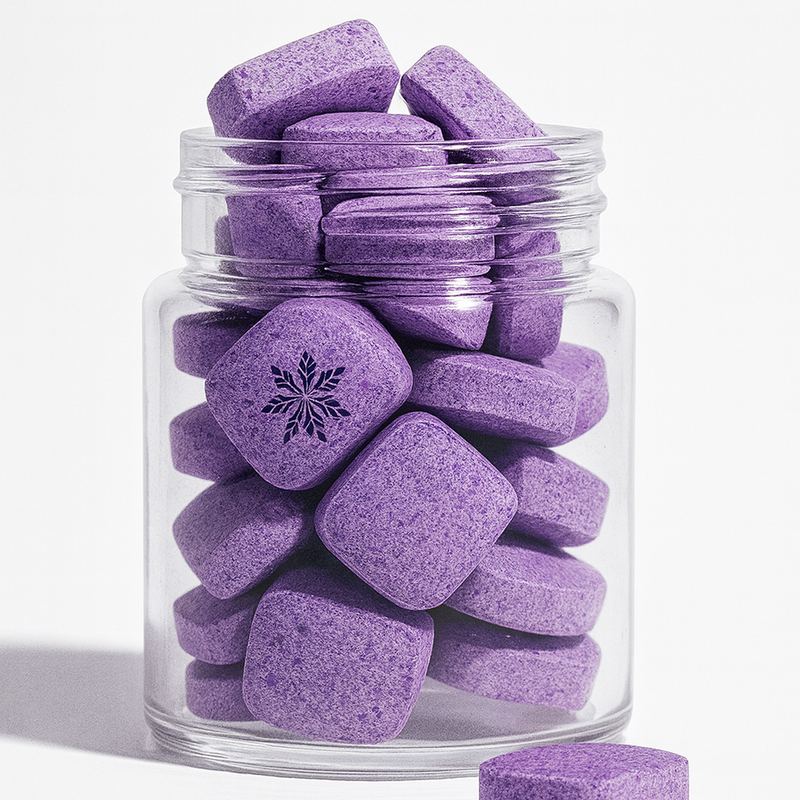
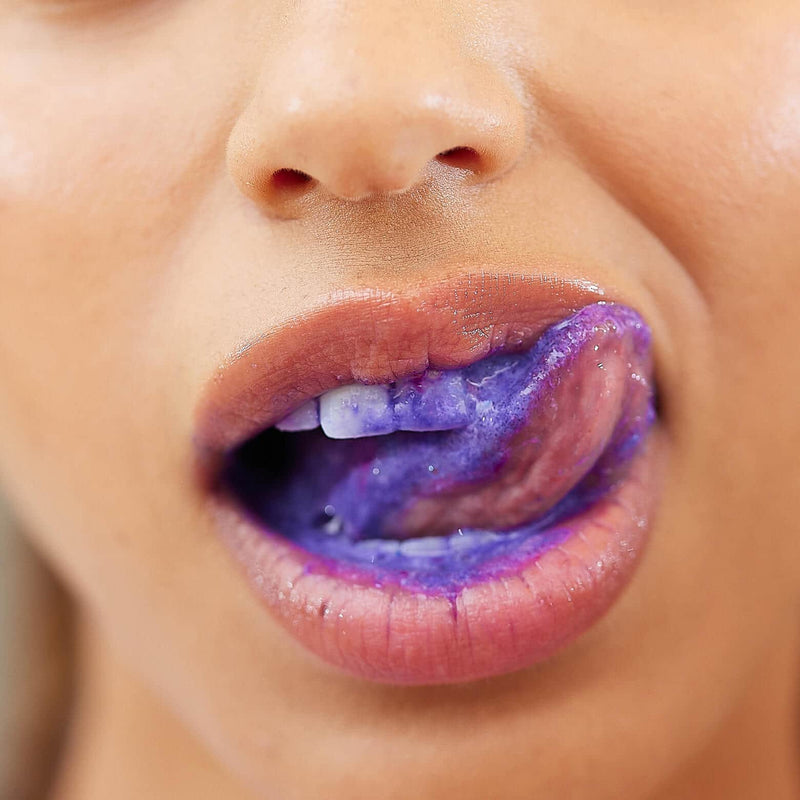





![Clove Oil for Toothache Relief [Does it Really Work]](http://www.trysnow.com/cdn/shop/articles/clove_oil_for_toothache_does_it_really_work.png?v=1755777694)
